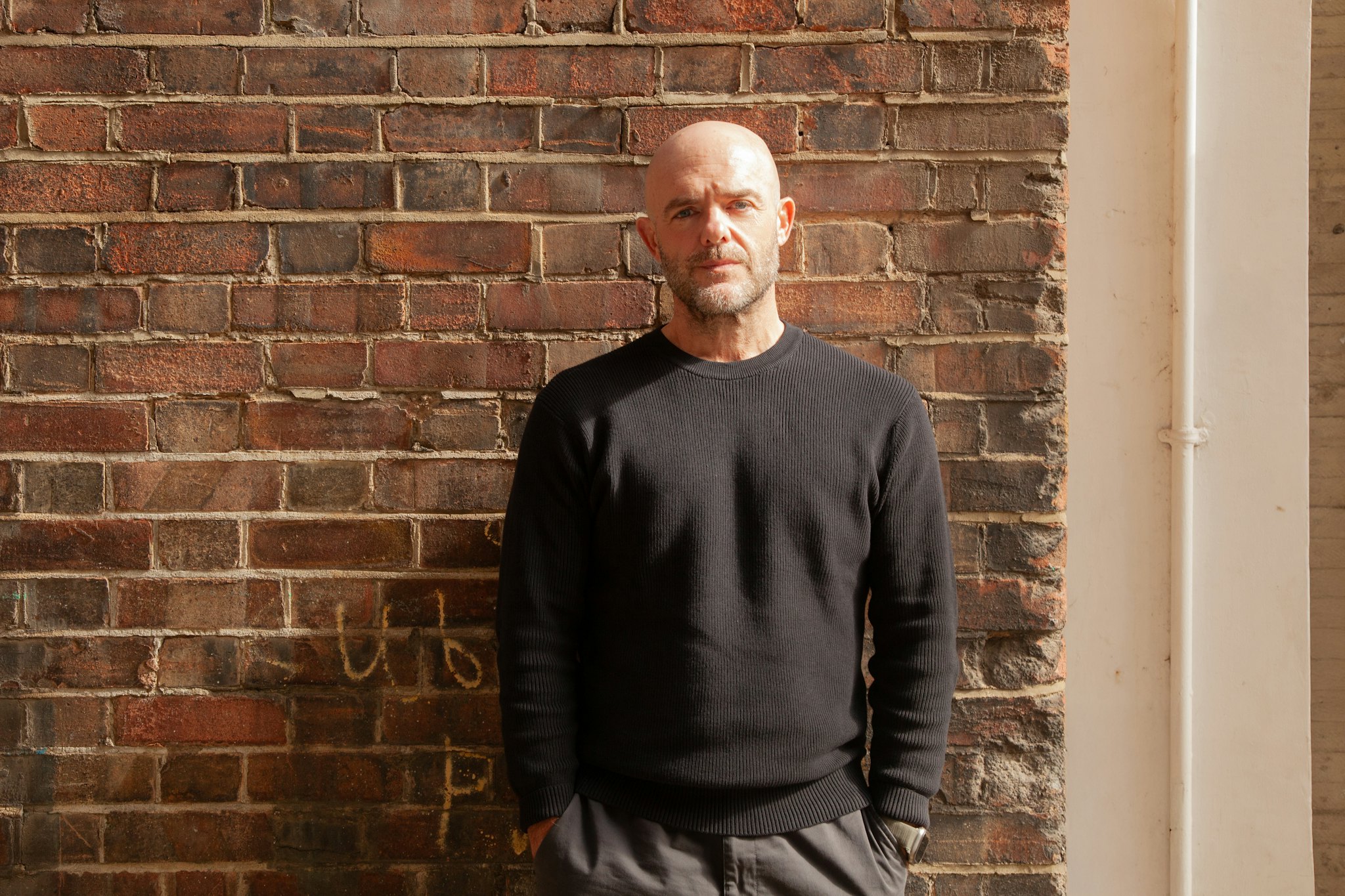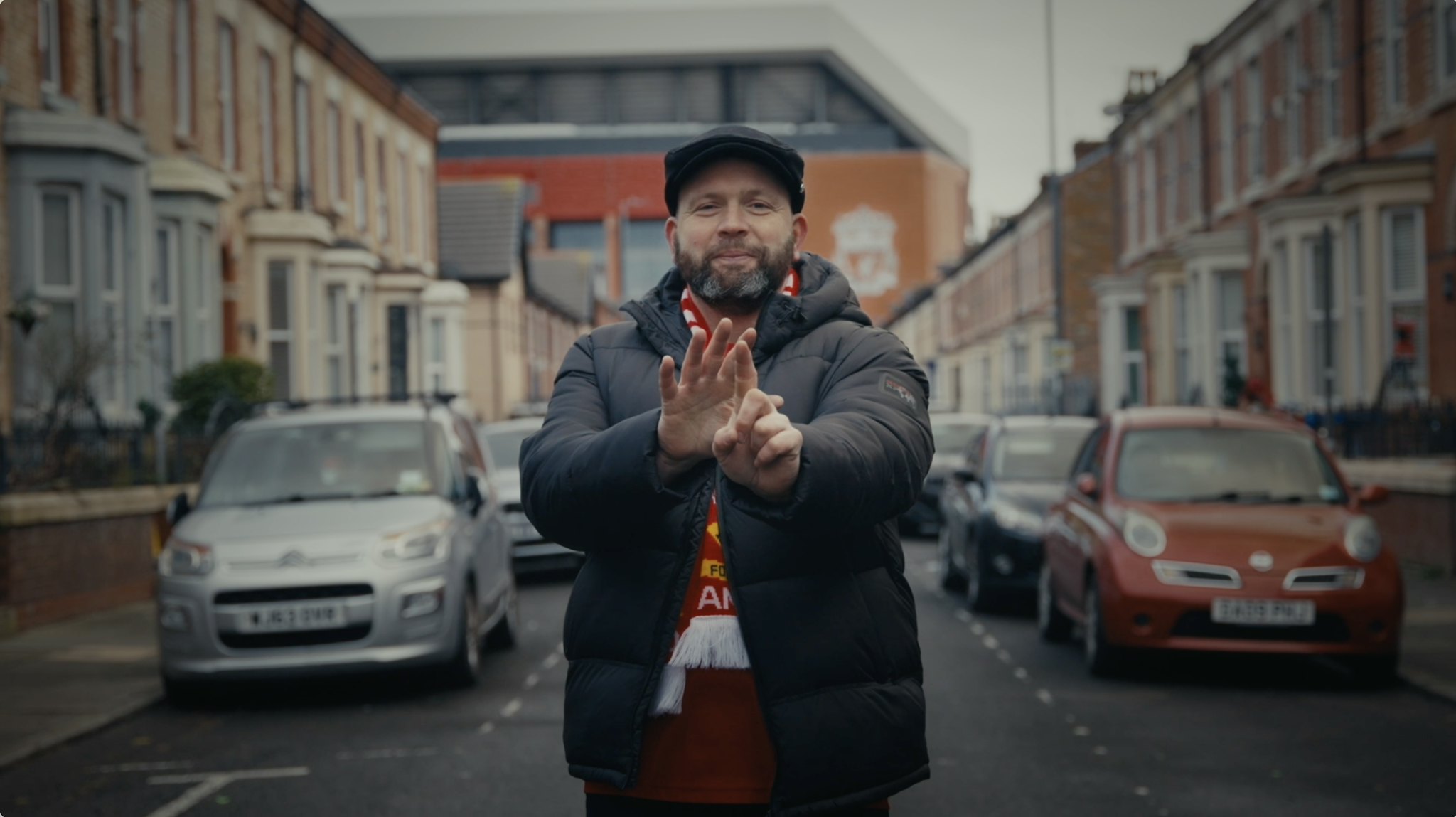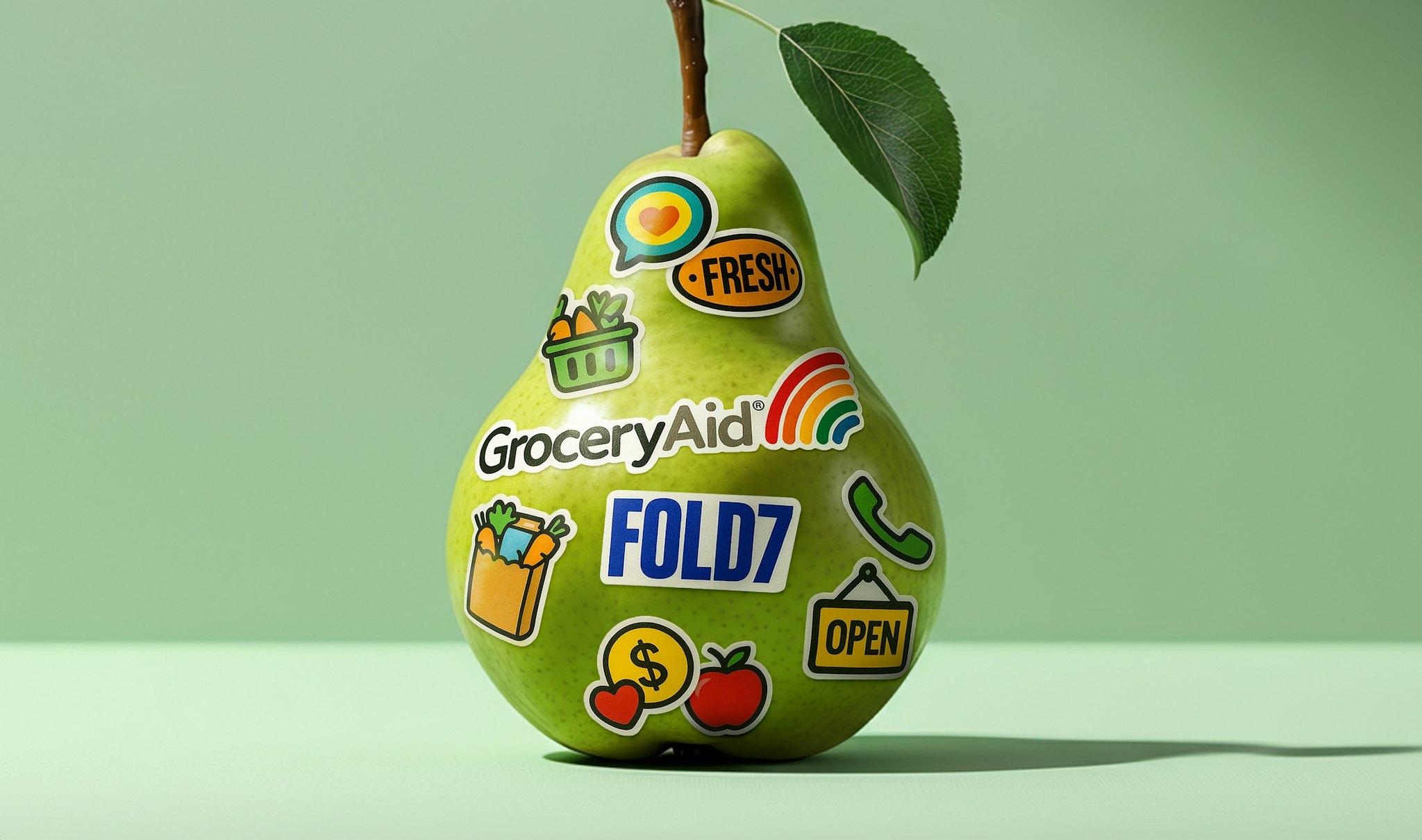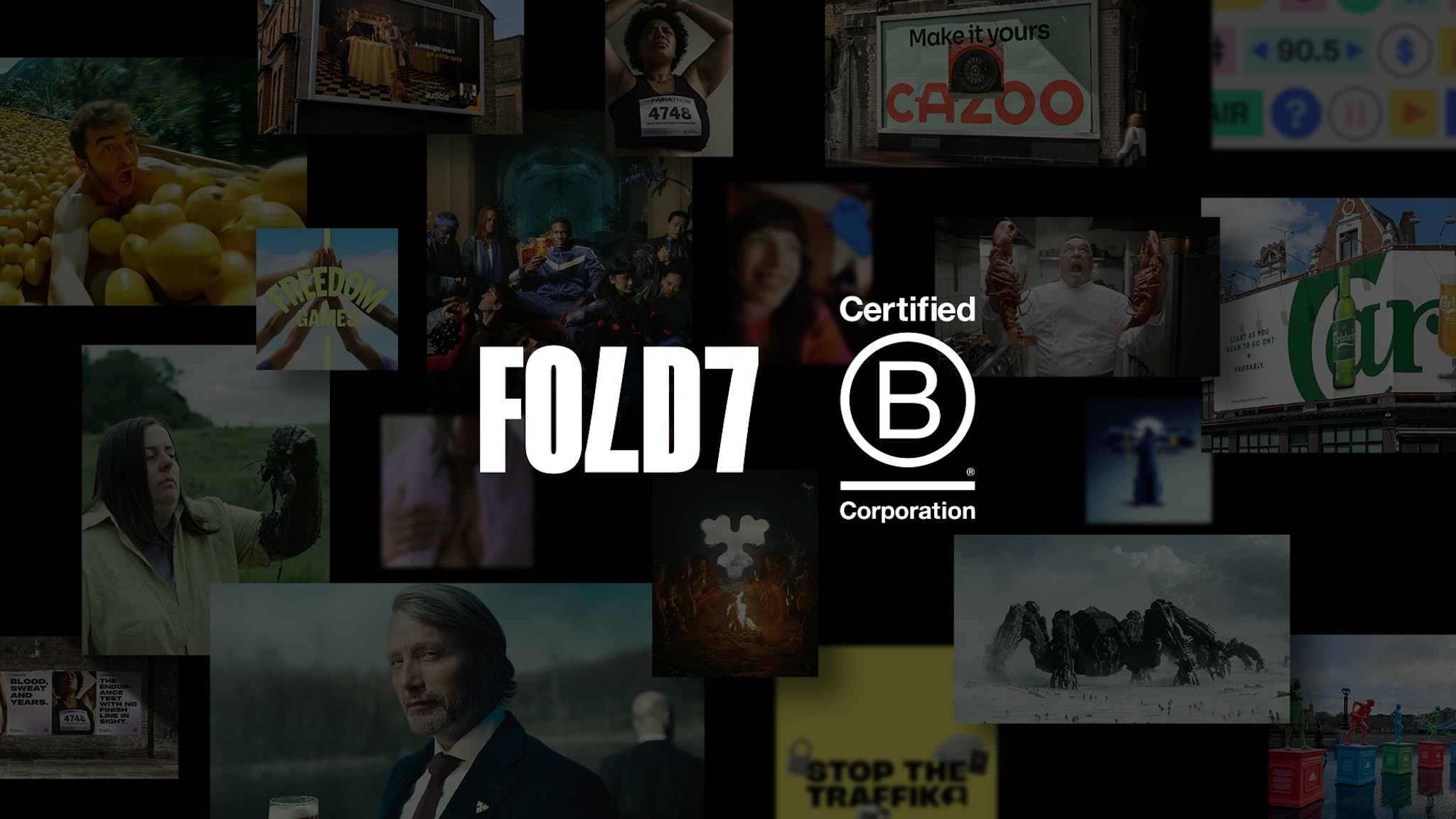

The Incredible Shrinking World of Creativity
Written by Dave Billing, ECD at Fold7 and featured in Campaign UK.
There was a time when creativity felt like it was expanding. Music splintered into wild new subgenres. Books came from weird new voices. Films took risks. Ads too.
Now, something feels... smaller.
We’re surrounded by more content than ever before, but the scope of creativity - the stuff that actually gets made, funded, shared, and seen - has begun to shrink. Not in quantity, certainly. But in risk. In originality. In ambition.
This isn’t just a gut feeling. There’s growing evidence that in multiple sectors - publishing, music, film, even advertising - we’re seeing the slow and steady victory of financial certainty over creative discovery.
The music industry, where I started my career, is in a kind of creative chokehold. Scroll through TikTok’s trending audio and you’ll find songs constructed for virality: short intros, instantly looping hooks, no slow builds, no space to breathe. Artists know what works, and they make what works. The platform is the format now. And while there’s still brilliance to be found, the pressure to conform is intense - and growing.
And then there’s Hollywood. The reboot factory, the prequel machine. The universe-upon-universe model of IP exploitation. Original screenplays are fewer and fewer. Directors with fresh visions are smothered by franchise bibles and tone decks.
And, as the Guardian notes, Netflix is busy churning out ‘algorithm movies’, generic, easy-to-follow ‘mockbusters’ with familiar storylines that don’t require you to engage your brain.
Sure, nakedly commercial mediocrity and genre schlock have always been a part of the movie industry - but if it weren't for the last glimmers of creativity from studios like A24, you’d say the war is over and the accountants have won.
Or look at publishing. A recent piece in the Persuasion Substack highlighted a notable trend in the industry, with publishers increasingly focusing on titles that fit established, commercially successful categories. Genres like cosy crime, romantasy, and "TikTok-friendly" fantasy sagas are currently in vogue. And as a result, authors who don't fit into these categories can face challenges getting published. Many new titles are being developed with careful consideration of market trends, and what's already sold well, charted highly, or won awards.
We see it in advertising too. The fear of the unknown, the retreat to the familiar. The pitch deck with the proven case study. The campaign that looks, sounds, and performs like everything else on the chart.
What we’re witnessing is a slow cultural homogenisation, disguised as optimisation. Originality is being outcompeted by predictability. And that should worry all of us who care about the future of creativity.
Because it’s not just that we’re playing it safe. It’s that the pool we’re drawing from - the archive of human ideas, feelings, images and metaphors - is being compressed.
The AI boom only makes this worse. Generative models are trained on what already exists. They remix, blend and reskin, but they don’t originate. And if we don’t keep feeding the system with weird, rule-breaking, genre-defying freshness, the whole thing becomes a loop of beige. A cultural echo chamber with no oxygen.
We need to talk about that. Not in a vague, wistful way. In a practical, urgent, grown-up way. Because the choices we make now - what we fund, what we platform, what we put on air, on shelves, on screens - will shape the next generation of thinkers and makers.
And yet we’re not really having that conversation.
Instead, we’re being presented with this shrinkage as a fait accompli. As though late-stage capitalism and the rise of the machine have simply rendered bold creativity unsustainable. As if a world of 20-second bangers and proven formats is just "the way things are now."
But it’s not inevitable. This isn’t physics. It’s just economics dressed up as innovation. And if we let the financial logic of “only back what we know will work” run unchecked, we’ll end up with a cultural landscape that’s tidy, trackable and tragically small.
So what do we do?
We need to revalue creativity. Not just in awards shows, but in boardrooms. We need CMOs and CFOs who understand that not all ROI is immediate, and that distinctive creative work is still the most powerful commercial weapon a brand can wield.
We need agencies to fight harder for strangeness. For depth. For originality. For real insight. To remember that creativity is not a numbers game. It’s not about producing stuff. It’s a leap. It’s intuition. It’s taste.
We need platforms (yes, even TikTok and Spotify) to think more about feeding the long tail, not just flattening everything into viral sameness.
And we need more writers, artists and creatives of every kind to resist the pull of the algorithm. Not every song has to go viral. Not every script has to be a franchise. Not every ad has to look like the last one that “worked”.
In the end, the only way to expand creativity again is to make room for the things we haven’t seen yet. The hard-to-sell ideas. The not-quite-obvious films. The songs that take 90 seconds to get going. The outdoor campaign with no headline. The book that doesn’t fit a genre.
Weirdness, in other words. Ambition. Human noise.
That’s the cultural oxygen the next generation needs.
We just need to stop suffocating ourselves.
For more views from the fold, click here.
More Suggested Articles
Sign up to hear
more from us.
We'll add you to the mailing list so you can read our
latest news, views and cunning ideas.





